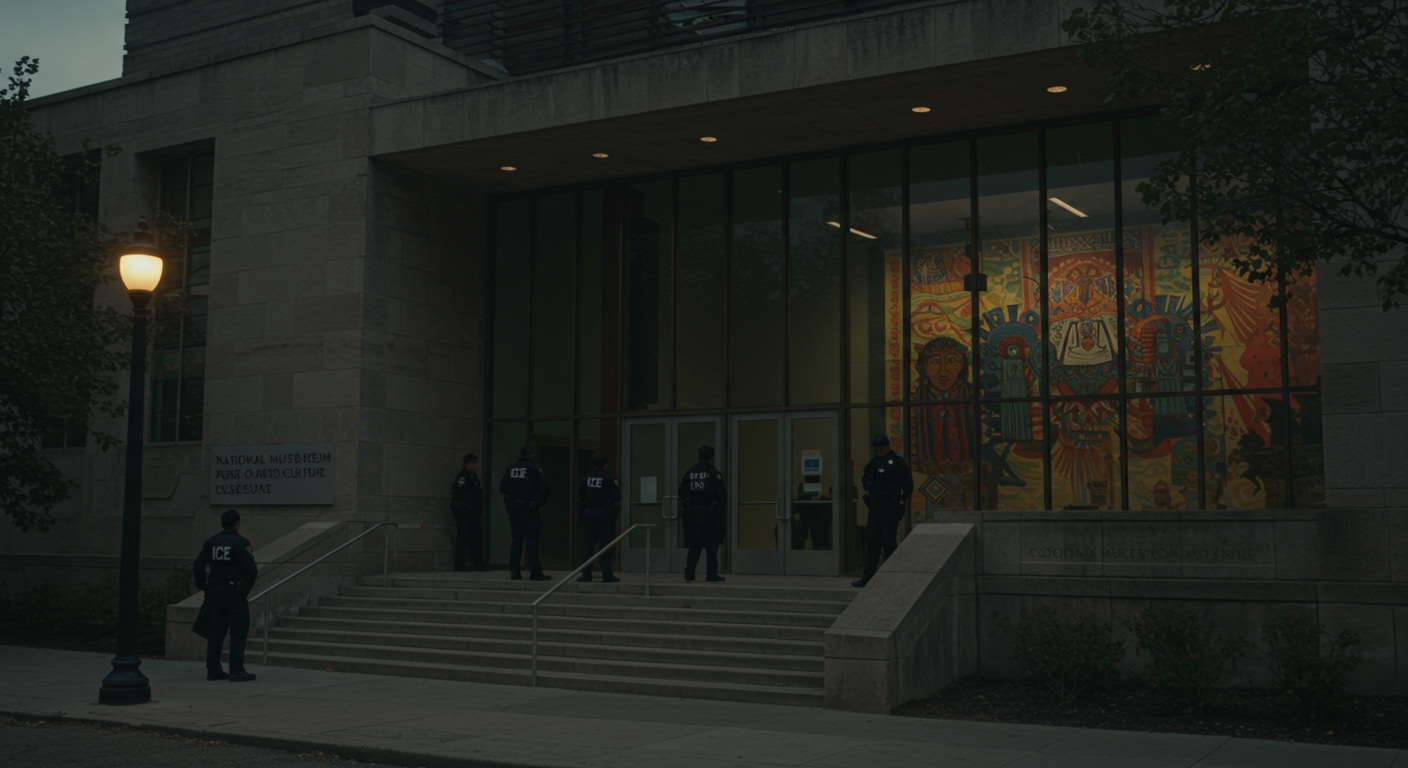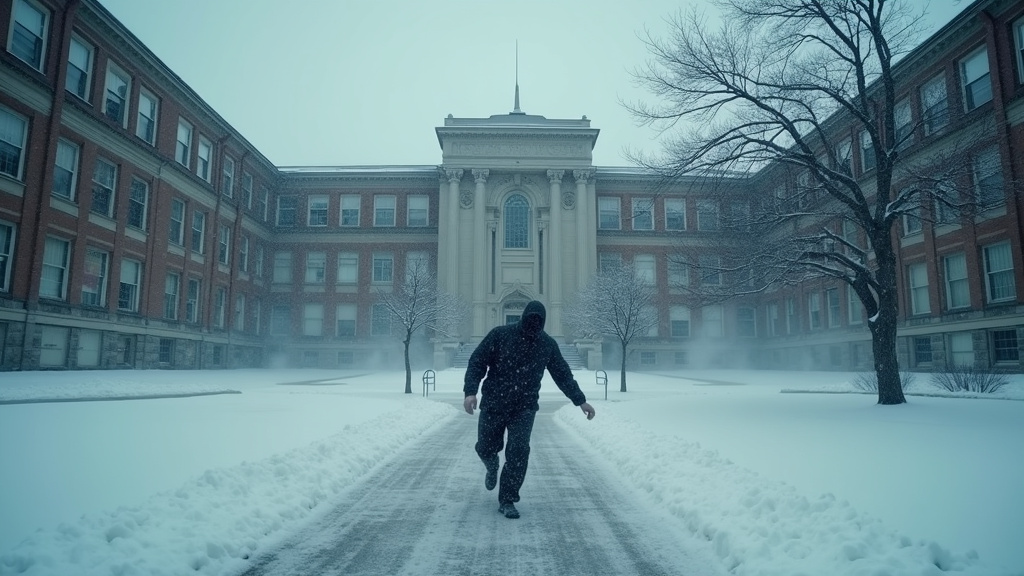Chicago Mayor Brandon Johnson Rebuffs Trump’s National Guard Threat, Citing Crime Drop and Legal Concerns
In a sharp rebuke to former President Donald Trump’s pronouncements, Chicago Mayor Brandon Johnson has labeled the suggestion of deploying the National Guard to the city as “uncoordinated, uncalled for and unsound.” The remarks come as Trump has repeatedly criticized Chicago, calling it a “mess” and Mayor Johnson an “incompetent mayor,” while intimating that Chicago would be the next locale to face a federal crackdown similar to recent deployments in Washington, D.C..
Mayor Johnson has stated that his office has not received any formal communication regarding federal law enforcement or military deployments in Chicago. However, he expressed grave concerns about the potential impact of any “unlawful deployment” of National Guard troops, warning it could inflame tensions between residents and law enforcement. Johnson emphasized that trust between police and communities is foundational for building safer neighborhoods, and that an “unsustainable” federal deployment could undermine the progress Chicago has already made.
Citing Declining Crime Rates
A central pillar of Mayor Johnson’s defense against Trump’s threat is the assertion that crime in Chicago has been steadily decreasing. He pointed to statistics indicating that homicides have dropped by more than 30%, robberies by 35%, and shootings by nearly 40% over the past year. Data from the City of Chicago’s Violence Reduction Dashboard and various news reports corroborate a downward trend in violent crime. For instance, Chicago reported a decrease in homicides by 7.3% and non-fatal shootings by 3.7% in the first half of 2025 compared to the previous year, with overall violent crime down significantly from its peak in 2020-2021. Johnson argues that these figures demonstrate the effectiveness of local initiatives and community-based violence interruption programs, suggesting that federal military intervention is unnecessary and could be counterproductive.
Legal and Practical Objections
Beyond the statistical claims of crime reduction, Mayor Johnson and other Illinois officials have raised significant legal and practical objections to the potential deployment of federal troops. Governor JB Pritzker, for example, has argued that such actions may violate the Posse Comitatus Act, which generally restricts the use of federal military for domestic law enforcement purposes. While the Posse Comitatus Act has exceptions, particularly through the Insurrection Act, the legal framework for deploying the National Guard domestically, especially without state consent, is complex and often contested.
Johnson further elaborated on the practical limitations, stating that the National Guard cannot address the city’s systemic issues. “The National Guard will not alleviate the housing crisis… It will not put food in the stomachs of the 1 in 4 children that go to bed hungry every night in Chicago. The National Guard will not fully-fund our public schools or provide mental healthcare or substance abuse treatment to Chicagoans in need,” he asserted. Instead, he advocated for federal support in restoring funding to violence-prevention programs, noting that the Trump administration had previously cut substantial federal grants for such initiatives.
Broader Context: Trump’s Federal Crackdown Strategy
The threat to Chicago is part of a broader pattern by former President Trump to intervene in cities, particularly those led by Democratic mayors. This strategy has been most visibly demonstrated in Washington, D.C., where Trump ordered the deployment of National Guard troops and federal law enforcement, taking temporary control of the city’s police department. Trump has frequently characterized these cities as dangerous and mismanaged, often using inflammatory language. His rhetoric has been criticized as echoing historical racist narratives about urban crime, particularly when targeting cities with majority-minority populations.
Critics argue that Trump’s approach constitutes an “authoritarian power grab” and seeks to create chaos to distract from other issues. The deployment of National Guard troops, often armed, in D.C. and potentially elsewhere, raises concerns about the appropriate role of the military in domestic affairs and the potential for escalation of tensions.
Looking Ahead
The exchange between Mayor Johnson and former President Trump highlights a fundamental disagreement on the best approach to urban safety and crime reduction. While Trump advocates for a strong federal presence and military intervention, Mayor Johnson insists on community-led solutions, investment in social services, and adherence to legal and constitutional boundaries. As these political narratives continue to unfold, the focus remains on ensuring the safety and well-being of Chicago residents through strategies that build trust and address the root causes of crime. This NEWS story, becoming a HEADLINE topic, underscores the ongoing debate surrounding federal intervention in local governance and public safety initiatives. The TOP discussion point for many is whether such federal action is effective or merely performative.














